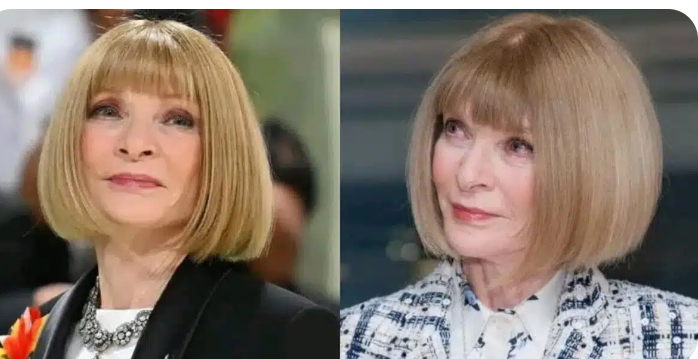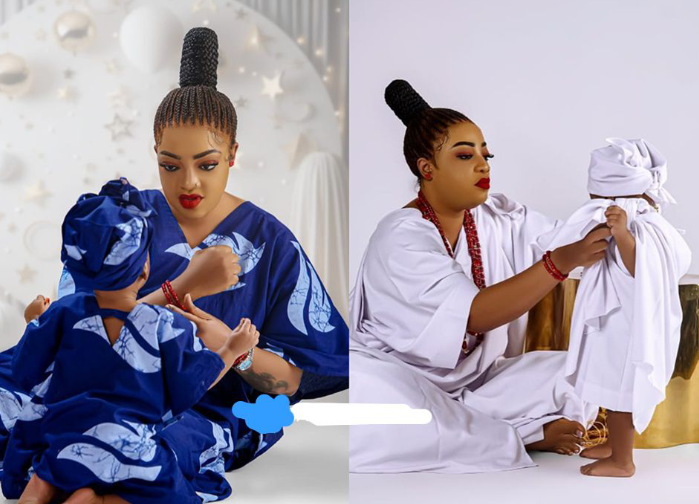
End of an Era: Anna Wintour Bows Out After 37 Years at the Helm of Vogue

In a move that has sent shockwaves through the global fashion community, Anna Wintour has officially stepped down as Editor-in-Chief of Vogue after an extraordinary 37-year reign. The news, confirmed by Condé Nast, marks the close of a historic chapter in fashion journalism and leaves behind a pair of heels that will be nearly impossible to fill.
Since taking the helm of Vogue in 1988, Wintour has been more than just a magazine editor—she has been a force, a symbol, a tastemaker, and often, the final word on what’s in and what’s out. Her signature bob and dark sunglasses became synonymous with the power she wielded behind the glossy pages of the world’s most influential fashion publication. Under her leadership, Vogue evolved from a traditional fashion magazine into a cultural authority, shaping not only trends but also careers, conversations, and the industry’s moral compass.
Though the exact reasons for her departure remain undisclosed, insiders suggest that the transition had been quietly planned for months. Condé Nast has already begun the search for her successor, though no names have been officially confirmed. Whoever steps into the role will not just inherit a magazine—they’ll inherit a legacy.
Wintour’s tenure was defined by bold editorial choices, fearless reinventions, and a relentless commitment to fashion as a serious art form. From featuring First Lady Michelle Obama on the cover to championing designers like Alexander McQueen and Marc Jacobs before they became household names, Wintour had an eye for the future and the confidence to bet on it. She didn’t just follow trends—she started them.
But her influence extended far beyond the editorial floor. Wintour was a fixture at runway shows from New York to Paris, often arriving early, seated front row, scribbling in her notepad with a presence that could unnerve even the most seasoned designers. Behind the scenes, she served as a kingmaker, using her platform to elevate emerging talent and rally the industry around causes like sustainability, diversity, and the preservation of craftsmanship.
Her role as Artistic Director at Condé Nast, a position she held concurrently since 2013, also placed her in charge of creative direction across multiple publications under the company’s umbrella. In recent years, she faced mounting pressure to modernize the brand and address criticisms regarding inclusivity and representation. In response, Vogue began to diversify its covers, voices, and featured designers, reflecting the broader cultural shifts taking place.
Wintour’s departure now raises major questions about the future of Vogue. Will the magazine continue its glossy, high-fashion identity, or will it pivot more sharply towards digital content, activism, and global storytelling? Can it maintain its prestige in an era where TikTok influencers and fashion YouTubers increasingly dictate trends? And more poignantly, can anyone truly replace Anna Wintour?
For now, Condé Nast remains tight-lipped about potential candidates, but fashion insiders are already speculating. Names such as Edward Enninful, the outgoing Editor-in-Chief of British Vogue, have been floated, while others advocate for a fresh face who embodies a younger, more diverse generation of fashion lovers. Whoever is chosen will step into a role that carries not just pressure but expectation—a mantle shaped by decades of Wintour's meticulous vision.
While Wintour’s personal plans have not yet been made public, many expect her to remain a towering figure in fashion, possibly taking on a more advisory role or even expanding her philanthropic work, especially around fashion education and arts funding. Some speculate she may focus on mentoring the next generation of editors and designers, using her global influence to continue shaping the industry from a less public position.
Tributes from designers, celebrities, editors, and industry professionals have begun to pour in, with many describing Wintour as a visionary who forever changed fashion journalism. Donatella Versace called her “the true empress of fashion media.” Tom Ford referred to her as “the most powerful woman in fashion for nearly four decades.” Even those who clashed with her over the years acknowledge her immense contributions to the craft.
The timing of her exit is poignant. The fashion world is currently undergoing a transformative moment—grappling with digital innovation, calls for sustainability, and a generation of consumers who value authenticity over elitism. For many, Wintour's departure symbolizes both the end of fashion's golden print era and the beginning of a more democratized, fast-paced, digital future. Whether this evolution is progress or decline will depend on how Vogue repositions itself in a changing world.
Throughout her reign, Wintour never shied away from reinvention, and perhaps this final move is the most symbolic of all. In stepping down, she has allowed the industry to turn the page and begin a new chapter. But if history is any indication, the imprint of Anna Wintour—sharp, commanding, and impossibly chic—will remain pressed into the pages of Vogue and the DNA of fashion forever.
As the lights dim on her iconic tenure, the fashion world waits with bated breath to see who dares to walk in her footsteps. One thing is certain: Anna Wintour may have left the building, but her influence will never leave the runway.


